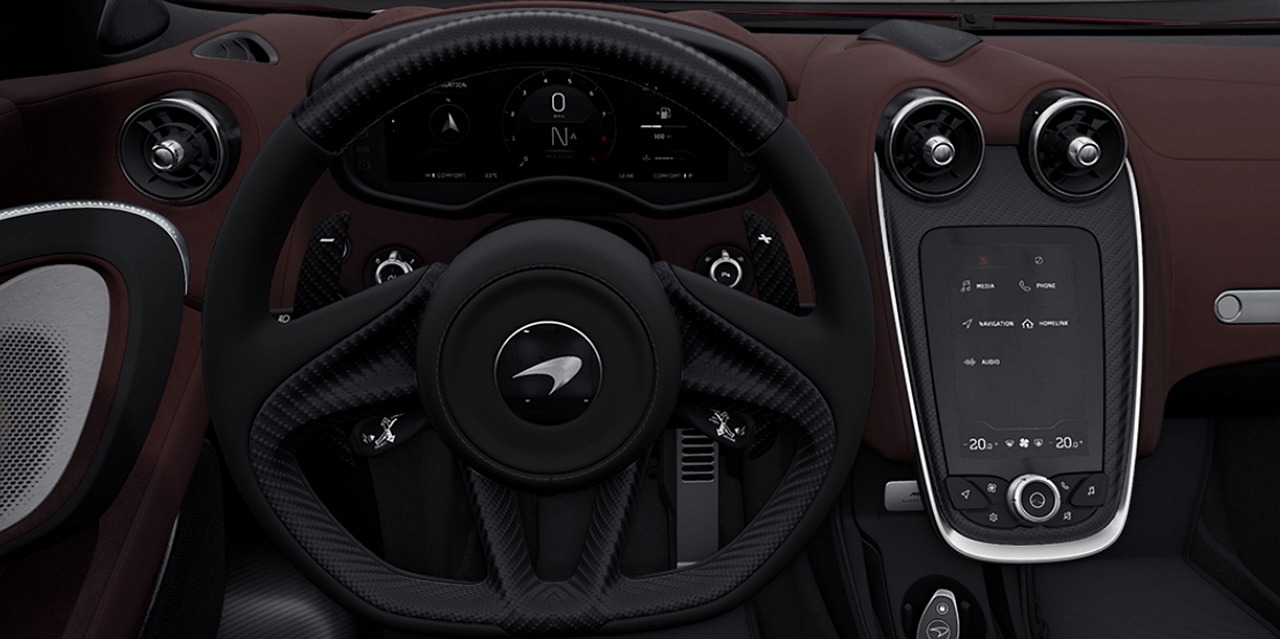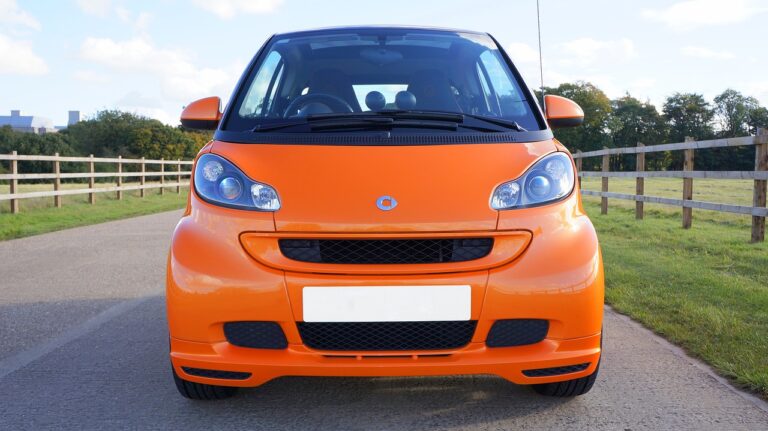The Role of Electric Cars in Reducing Traffic Congestion
Electric cars are increasingly becoming a popular choice among consumers worldwide. With advancements in technology and a greater emphasis on sustainability, more people are opting for electric vehicles as a greener alternative to traditional gasoline-powered cars. The growing availability of charging stations and improvements in battery technology have also made electric cars more practical and convenient for everyday use.
One of the main drivers of the growing popularity of electric cars is their lower operating costs compared to traditional vehicles. Electric cars have fewer moving parts and require less maintenance, resulting in savings for owners over the long term. Additionally, government incentives and rebates for electric vehicle purchases have made them more affordable and accessible to a wider range of consumers.
The Environmental Benefits of Electric Vehicles
Electric vehicles hold the promise of a cleaner and more sustainable mode of transportation. By relying on electricity as their primary source of power, these vehicles emit zero tailpipe pollutants, reducing harmful air pollution in urban areas. This shift away from traditional combustion engines not only benefits the environment but also improves air quality, especially in densely populated cities where smog and pollution levels can be a significant concern.
In addition to reducing harmful emissions, electric vehicles also play a crucial role in decreasing greenhouse gas emissions. As the electricity sector continues to transition towards more sustainable sources, such as wind and solar power, the overall carbon footprint of electric vehicles decreases significantly. By choosing electric vehicles over traditional gasoline-powered cars, individuals can contribute to mitigating climate change and promoting a more environmentally friendly way of traveling.
How Electric Cars Can Help Alleviate Gridlock
As urban areas continue to face increasing traffic congestion, the integration of electric cars into transportation systems presents a promising solution. By promoting the use of electric vehicles, cities can work towards reducing the number of gas-powered cars on the road, ultimately easing traffic gridlock. Electric cars offer a more sustainable and efficient mode of transport, contributing to improved traffic flow and reduced carbon emissions.
Additionally, the implementation of incentives such as dedicated electric vehicle lanes can further incentivize drivers to switch to electric cars. These specialized lanes can expedite the commute for electric vehicle owners, bypassing some of the congestion experienced by traditional vehicles. By encouraging the adoption of electric cars and creating infrastructure to support them, cities can take significant strides towards alleviating gridlock and creating a more sustainable urban environment.





